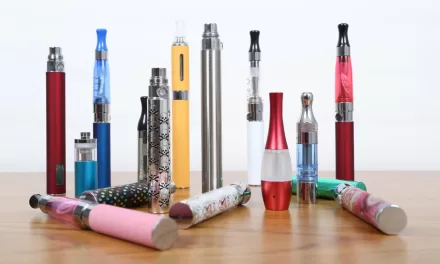During preparations for the Lunar New Year festivities in Asia there is increased trading and handling of poultry. In addition, the Lunar New Year travel rush will start in February 2024. In response, FAO has issued an alert to all Chief Veterinary Officers at: https://www.fao.org/3/cc9524en/cc9524en.pdf.
Because of ongoing reports of avian influenza (AI) outbreaks in domestic and wild birds in the region, the increased levels of trade and travel will lead to a higher risk of exposure in the human population. Several animal influenza viruses currently circulating in poultry have the potential to transmit to humans and may cause severe disease.
Although most human infections so far have been sporadic following contact with infected poultry and/or their environments, with no evidence of sustained human-to-human transmission, vigilance remains crucial.
In view of the upcoming festivities, and continual sporadic reports of human infection with AI, there is a need to reinforce important messages regarding hygiene and other precautions.
General precautions
- Limit exposure to potentially infected poultry and environments
- The public should minimize contact with animals in areas known to be affected by animal influenza viruses, including farms and other settings where live animals may be sold or slaughtered, and avoid contact with any surfaces that appear to be contaminated with animal faeces. Children, older people, pregnant and postpartum women (up to 6 weeks) or people with suppressed immune systems should neither collect eggs nor assist with slaughtering or food preparation.
- The public should strictly avoid contact with any sick or dead animal, including wild birds, and should report dead animals or request their removal by contacting local wildlife or veterinary authorities.
- Travellers to countries and people living in countries with known outbreaks of AI should, if possible, avoid poultry farms, contact with animals in live poultry markets, entering areas where poultry may be slaughtered, and contact with any surfaces that appear to be contaminated with faeces from poultry or other animals.
- Perform good hand hygiene and follow general food safety advice
- Everyone should perform hand hygiene, preferably washing their hands either with soap and running water (especially if there is visible soiling of the hands) or using alcohol hand rubs. In all cases, hand hygiene should be performed thoroughly and as often as needed – but especially before and after contact with animals and their environments.
- Everyone should practise good food safety habits – separating raw meat from cooked or ready-to-eat foods, keeping surfaces clean and washing hands, cooking food thoroughly, and handling and storing meat properly.
- Protect yourself when exposed to, or handling, poultry.
- Seek health care when sick or following contact with potentially infected animals or their environments.
For public health practitioners
- Increase awareness of AI among the population and health care workers.
- Increase surveillance and ensure laboratories are equipped, especially in areas where risk is highest.
- Collaborate closely with the animal sector to reduce the risk of transmission of AI viruses to humans in ways that are acceptable to the public, producers and traders.
- Report and promptly investigate any human infections with AI viruses.
The WHO public health resource pack for countries experiencing outbreaks of influenza in animals includes Chapter 4 on basic messages for the general public and at-risk groups, Chapter 5 on the reduction of human exposure, and Chapter 6 on food safety.
For more information, please refer to the WHO factsheet at: Influenza (Avian and other zoonotic).












